Sustainable Resilient Remediation (SRR)
Sponsored by: Interstate Technology and Regulatory Council
Archived: Thursday, November 17, 2022
2022-11-17
Interstate Technology and Regulatory Council
Extreme weather events and wildfires are increasing and impacting hazardous waste sites. The primary goal of cleanups, which is protecting human health and the environment, is undermined. Confronted with these risks, environmental professionals should assess, and design remedies that are sustainable and resilient. Sustainable resilient remediation (SRR) is an optimized solution to cleaning up and reusing a hazardous waste site that limits negative environmental impacts, maximizes social and economic benefits, and creates resilience against increasing threats.
The objective of the ITRC Sustainable Resilient Remediation (SRR-1) is to provide resources and tools for regulators, stakeholders, consultants, and responsible parties to help integrate sustainable and resilient practices into remediation projects. This guidance updates the Interstate Technology and Regulatory Council's (ITRC) Technical and Regulatory Guidance: Green and Sustainable Remediation: A Practical Framework (ITRC 2011a) and includes a strong resilience component to address the increasing threat of extreme weather events and wildfires. Recommendations for careful and continuous consideration of the social and economic costs and benefits of a cleanup project are included.
Training Objectives
- Educate participants about available SRR resources and tools
- Impart evolution from Green and Sustainable Remediation (GSR) to SRR
- Provide guidance on practical application and implementation of SRR
- Provide participants with information necessary to navigate the SRR guidance and tools
Training Goals
- Provide information and resources for the social and economic dimensions of sustainability, including state-of-the-art social and economic evaluation tools
- Provide a framework illustrating how and why sustainability and resilience should be integrated throughout the remedial project life cycle
- Offer checklists of key sustainable best management practices to address resilience based on specific vulnerabilities at a site, as well as resources for additional information
- Present interactive maps with links to available state and federal resources to quickly find examples and best practices from your state or other states and federal agencies
- Reference case studies illustrating the application of SRR considerations
After the SRR Training, a user will have the tools necessary to understand what SRR is and how it can be used to achieve a sustainable and resilient remediation outcome. This can be accomplished by remediation practitioners applying the principles and practices to a contaminated site and by providing SRR resources to help regulators and stakeholders in the development and review of project documents or submittals.
The intended users of this guidance and training course are those individuals responsible for managing contaminated sites. Users of this training and the associated documents will develop an understanding of SRR and its importance in achieving sustainability and resilience for site remediation. Principals, best practices, resources, and trainer insights will help users conduct SRR tailored to the needs of the sites under their care.
Recommended Reading: Participants are strongly encouraged to review the ITRC Sustainable Resilient Remediation, (SRR-1) document prior to participating in the training class. Also, because SRR-1 is an expansion and update of the concepts developed in Green and Sustainable Remediation: A Practical Framework, GSR-2, review of this document is recommended but is not a prerequisite.
Accessibility, Recording, and Content Disclaimer
Rehabilitation Act Notice for Reasonable Accommodation
It is EPA's policy to make reasonable accommodation to persons with disabilities wishing to participate in the agency's programs and activities, pursuant to the Rehabilitation Act of 1973, 29 U.S.C. 791. Any request for accommodation should be made to ITRC Training Program at 202-266-4932 or itrc@itrcweb.org, preferably one week or more in advance of the webinar, so that EPA will have sufficient time to process the request. EPA would welcome specific recommendations from requestors specifying the nature or type of accommodation needed. Please note that CLU-IN provides both alternate phone call-in options and closed captioning for all webinars, and requests for these specific accommodations are not necessary.
Webinar Recording
By participating in this CLU-IN webinar, you automatically agree to authorize recording of audio and visual content presented during this live event and consent to subsequent use of this recording in the public domain by the U.S. Environmental Protection Agency. This recording may include questions, comments and poll responses provided by you during the live event in addition to your name, voice, image or likeness. This recording will be made available after the conclusion of the live event as part of the CLU-IN webinar archives, and will remain available indefinitely. If you do not wish to consent to the recording, please do not join the live event, and contact Jean Balent at 202-566-0832 or balent.jean@epa.gov to discuss your concerns.
Content Disclaimer
This webinar is intended solely to provide information to the public. The views and opinions expressed as part of this webinar do not necessarily state or reflect those of the U.S. Environmental Protection Agency. It is not intended, nor can it be relied upon, to create any rights enforceable by any party in litigation with the United States, or to endorse the use of products or services provided by specific vendors. With respect to this webinar, neither the United States Government nor any of their employees, makes any warranty, express or implied, including the warranties of merchantability and fitness for a particular purpose, or assumes any legal liability or responsibility for the accuracy, completeness, or usefulness of any information, apparatus, product, or process disclosed, or represents that its use would not infringe privately owned rights.
Presenters:
 John Doyon, NJ Dept of Environmental Protection (john.doyon@dep.nj.gov)
John Doyon, NJ Dept of Environmental Protection (john.doyon@dep.nj.gov)
John Doyon is a Brownfield and Grant Coordinator in the New Jersey Department of Environmental Protection's (NJDEP) Site Remediation Program. He has over 31 years of experience in site remediation and brownfield redevelopment. While a case manager with the Bureau of Case Management in the NJDEP, he previously oversaw the remediation of contaminated sites. Mr. Doyon now works with the Office of Brownfield & Community Revitalization (formerly the Office of Brownfield Reuse) as a brownfield and grant coordinator. As a brownfield coordinator, he works with NJ municipalities to manage Brownfield Development Areas and assists with overcoming regulatory hurdles to remediate brownfields in their communities.
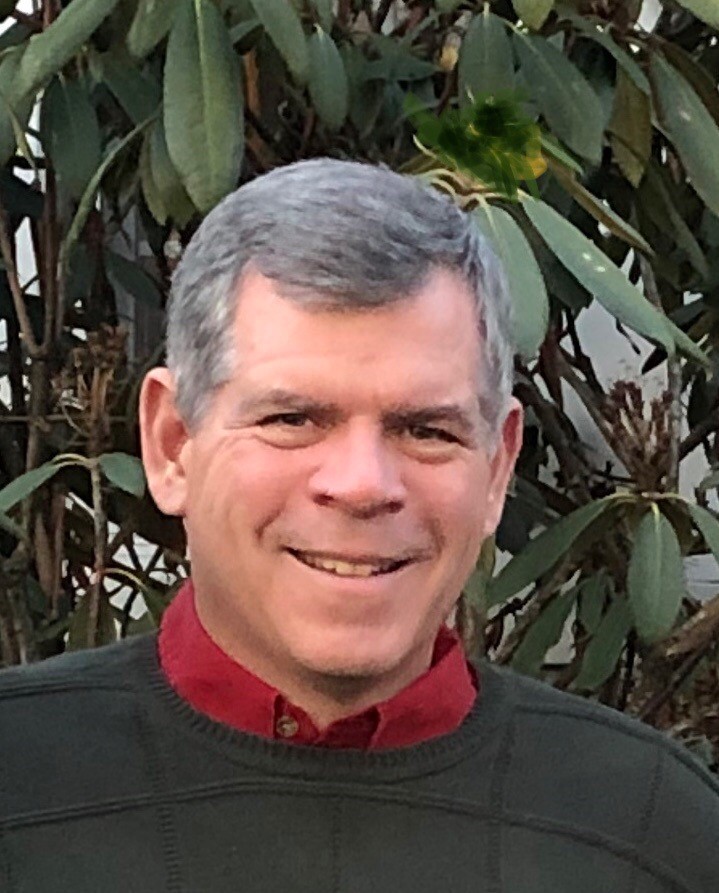 Thomas O'Neill, Retired - NJ Dept of Environmental Protection (tkoneillnj@gmail.com)
Thomas O'Neill, Retired - NJ Dept of Environmental Protection (tkoneillnj@gmail.com)
Thomas K. O'Neill (Tom) has forty years of experience in the fields of environmental engineering and science. Retired in mid-2020 as the Bureau Chief for the New Jersey Department of Environmental Protection (NJDEP), Publicly Funded Site Remediation, Bureau of Site Management. Activities include site investigation, feasibility studies, design, construction, and long-term operations, maintenance and monitoring, and site close-out. Prior to becoming a Bureau Chief Tom worked as an NJDEP On Scene Coordinator at numerous emergency and removal actions and as a Construction Manager at a wide range of planned site remediation projects. Tom has served as Co-Team Leader for the Interstate Technology Regulatory Council’s Remediation Process Optimization, Remediation Risk Management, and Green and Sustainable Remediations Teams.
 Elisabeth Freed, US EPA (freed.elisabeth@epa.gov)
Elisabeth Freed, US EPA (freed.elisabeth@epa.gov)
Elisabeth Freed has been with USEPA for over 25 years and currently is a senior enforcement policy advisor in the Office of Site Remediation Enforcement (OSRE), which is part of EPA’s Office of Enforcement and Compliance Assurance. Her portfolio is both broad and deep as she has worked on issues of national importance, under several environmental cleanup laws, both in their original development and updating them to reflect changing laws and regulations as well as Agency experience. Elisabeth was originally the Headquarters Superfund enforcement liaison to Region 3 and is currently OECA’s Team Leader for PFAS. Elisabeth’s projects span a variety of issues from Sustainability to individual ability-to-pay guidance.
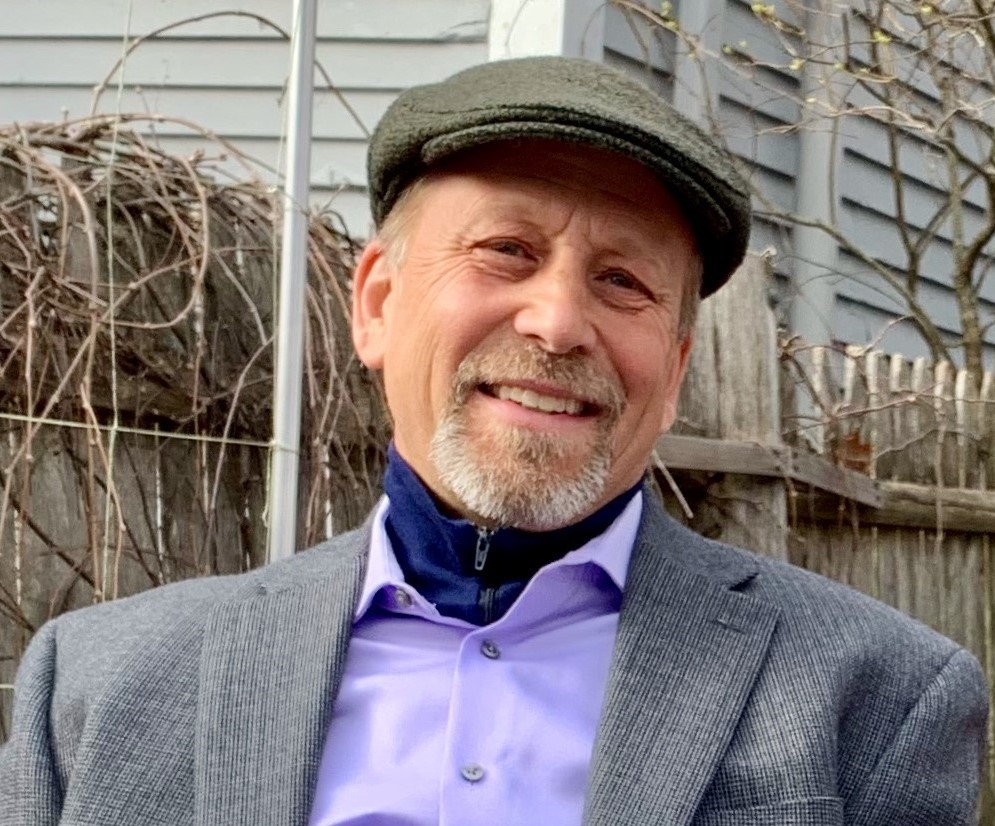 Nathan Hagelin, Wood PLC (nathan.hagelin@woodplc.com)
Nathan Hagelin, Wood PLC (nathan.hagelin@woodplc.com)
Nathan Hagelin is Vice President and the Director of Woods PLC. He is the remediation technology leader in Wood’s Emerging Contaminants Work Group. He is a Certified Geologist, Licensed Environmental Professional, and Board-Certified Environmental Scientist working for 30+ years on the remediation of contaminated industrial properties and military installations. He has prior experience as a Hydrologist with the U.S. Geological Survey Water Resource Division.
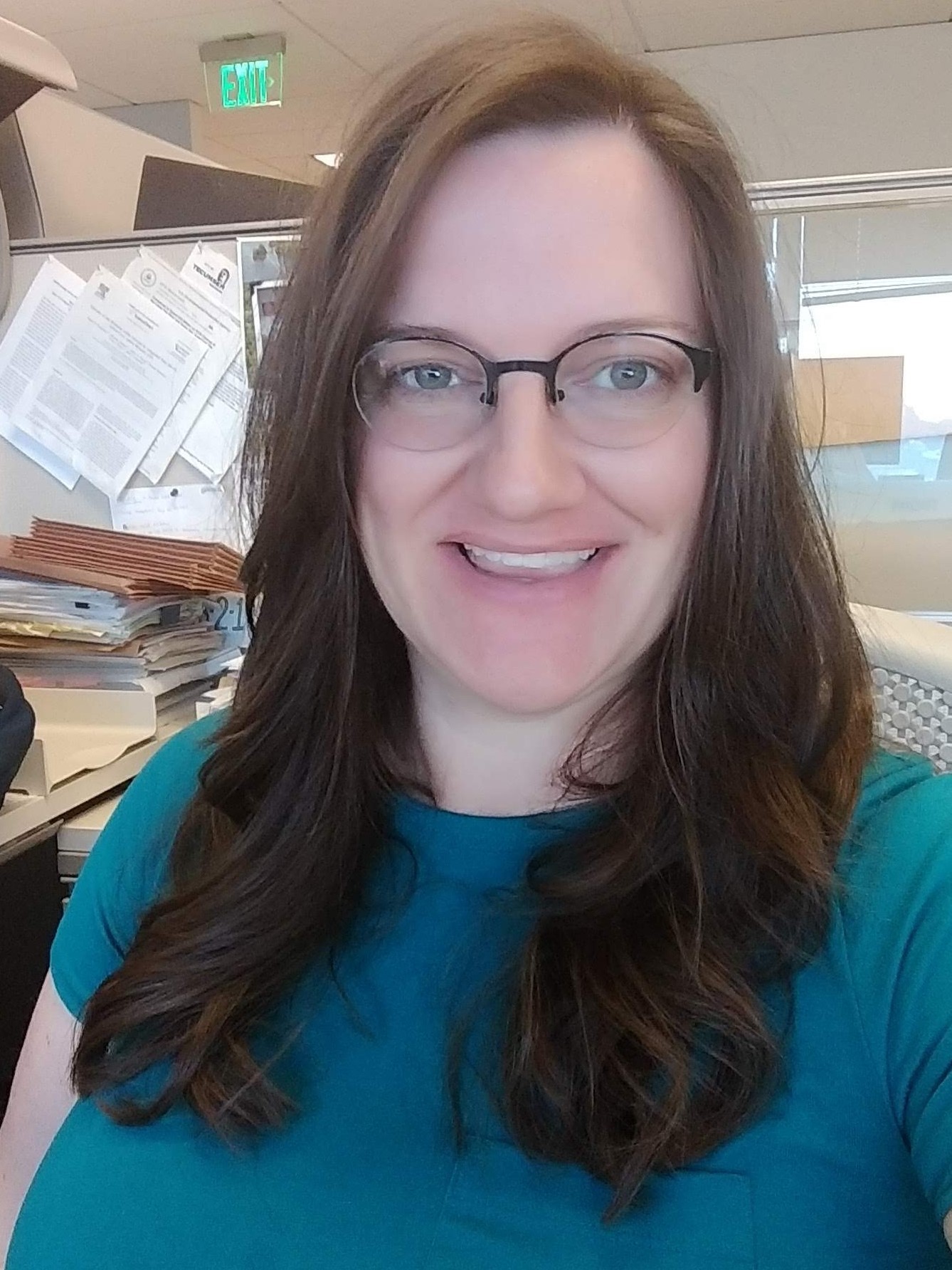 Michelle Mullin, US EPA (mullin.michelle@epa.gov)
Michelle Mullin, US EPA (mullin.michelle@epa.gov)
Michelle Mullin is the EPA Region 10 Acting Senior Sustainability Advisor. She supports communities and EPA programs to integrate sustainability and climate adaptation and resilience into decision making processes. Previously Michelle served as the Region 10 PCB Coordinator overseeing all PCB program cleanups in the 4-state region since 2012. Michelle began her career with the EPA in 2009 in the RCRA Corrective Action program. Prior to joining the EPA Michelle worked as an environmental consultant on a variety of cleanup sites under CERCLA, RCRA, and TSCA. Michelle has integrated sustainability into her work and programs throughout her career.
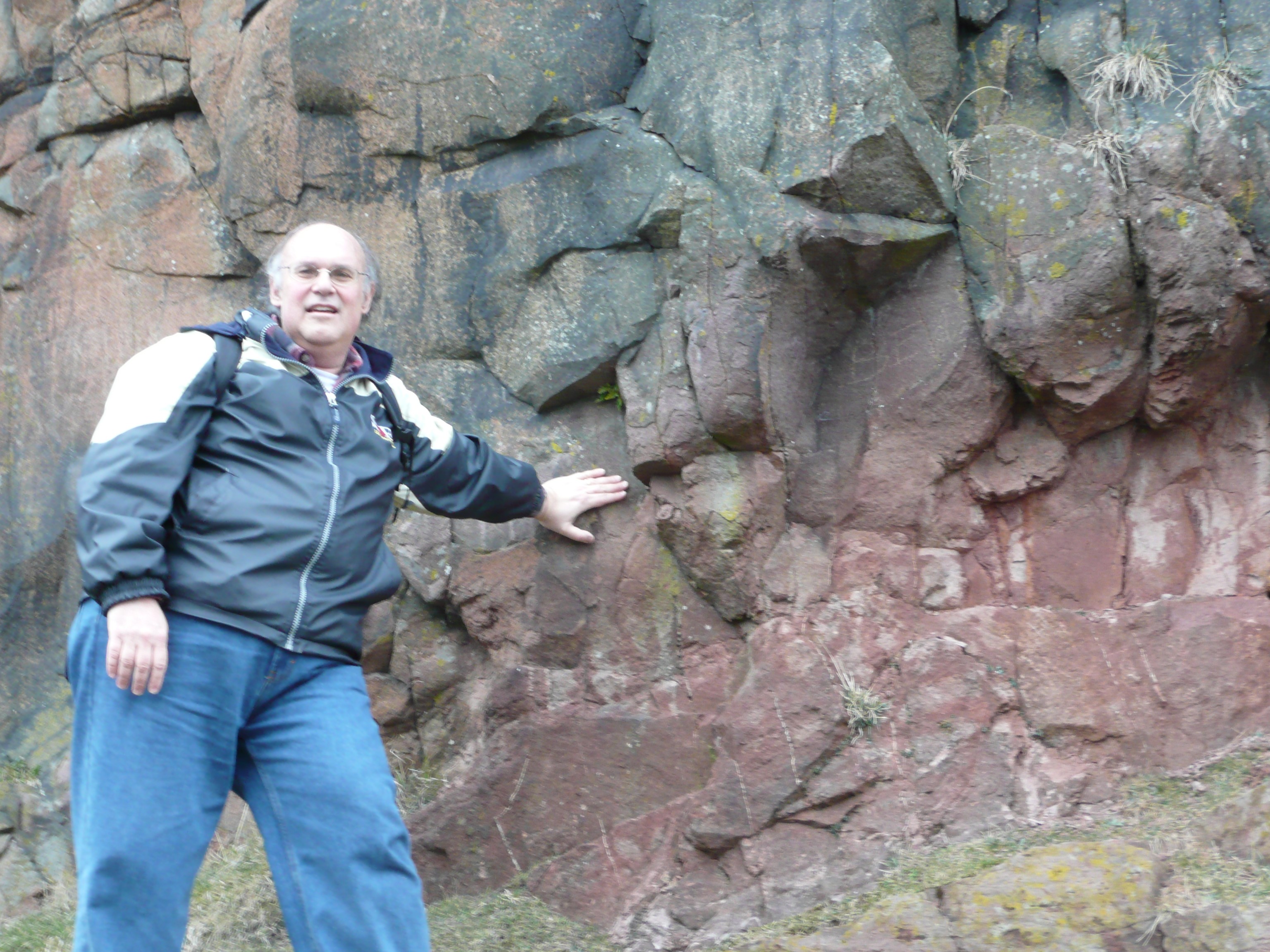 Ira May, Maryland Dept of the Environment (ira.may@maryland.gov)
Ira May, Maryland Dept of the Environment (ira.may@maryland.gov)
Ira P May, P.G. is Chief of the Federal Assessment and Remediation Division of the Land Restoration Program at the Maryland Department of the Environment. He has led this group for the past five years and is responsible for the state of Maryland response to the cleanups of Federal Facilities and private NPL sites among other things. Previously, Mr. May was the Chief Geologist at the US Army Environmental Center for over 25 years. He has extensive experience with the cleanup of hazardous wastes at over 30 military facilities throughout the United States and Europe.
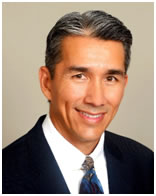 Roy Thun, GHD (roy.thun@ghd.com)
Roy Thun, GHD (roy.thun@ghd.com)
Roy Thun is an accomplished environmental portfolio manager and climate resiliency & sustainability thought leader with over 30-years' experience working in both environmental consulting and BP's Remediation Management group. Roy is a board member of the Sustainable Remediation Forum (SURF), and one of the founding members of the Los Angeles County Metropolitan Transit Authority's Sustainability Council. He has been a contributor to a variety of guidance documents, including: ITRC's Sustainable and Resilient Remediation, ITRC's Remediation Management of Complex Sites, and ASTM's Recognition and Derecognition of Environmental Liabilities.
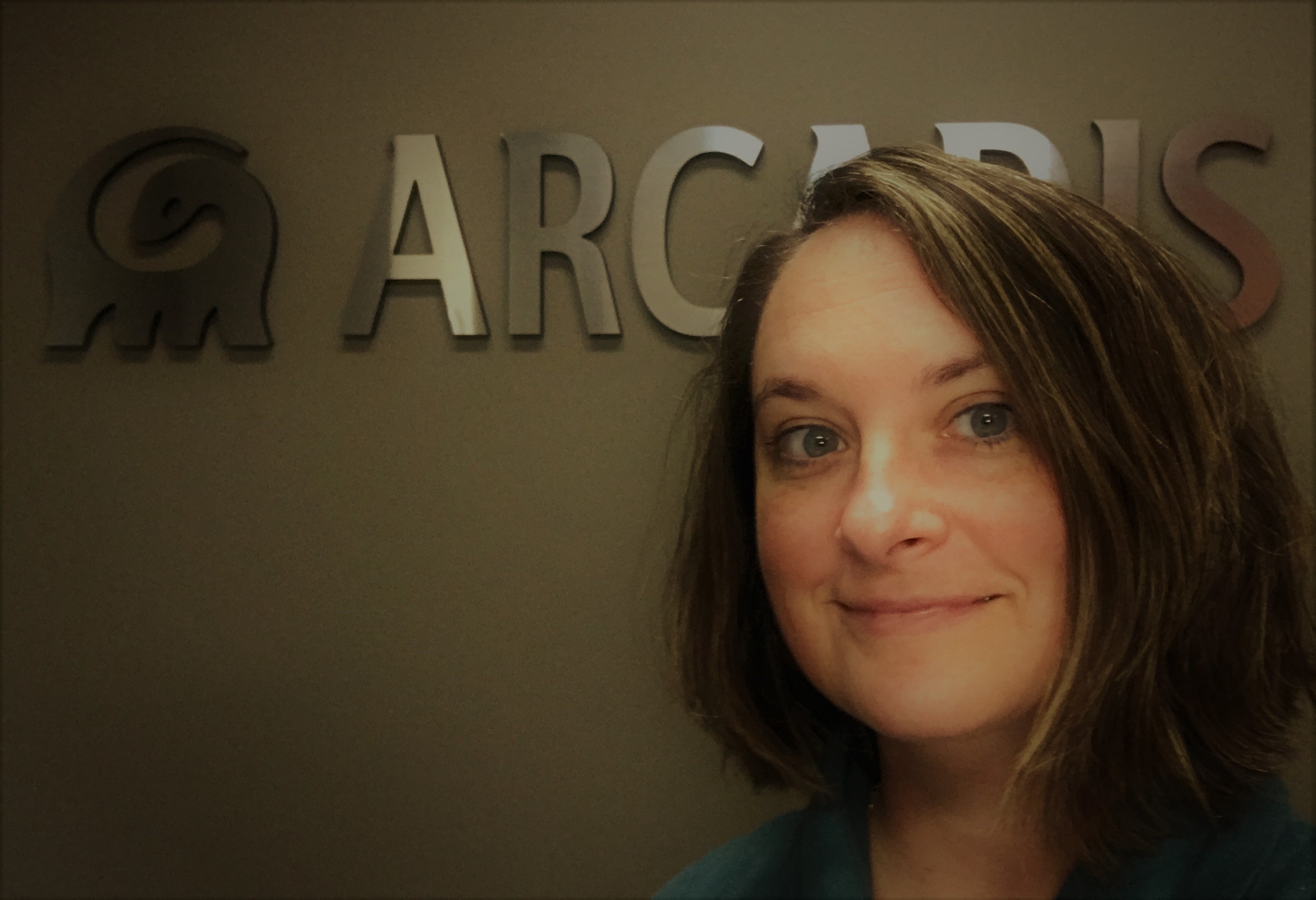 Jessica Gattenby, Arcadis (jessica.gattenby@arcadis.com)
Jessica Gattenby, Arcadis (jessica.gattenby@arcadis.com)
Jessica Gattenby has more than sixteen years of experience in environmental consulting and sustainable management. Currently she is part of Arcadis US, Inc strategic program delivery group and their Sustainable Resilient Remediation (SRR) and subject matter expert. Ms Gattenby has focused on integration of green and sustainable remediation (GSR) and SRR practices in remediation including considerations in remedy selection, optimization of remedies for reduced environmental footprints and implementation of sustainable best management practices (SBMPs) to achieve project goals, implement more resilient solutions, reduce lifecycle footprints and reduce life cycle cost.
Moderator:
Nicole Henderson, ITRC Contractor (nicole.henderson@hmenviro.com)
Webinar Slides and References:
- These materials will be available by Thursday, November 17, 2022
Webinar Slides and References:
- These materials will be available by Thursday, November 17, 2022
Additional Resources:
If you have a suggested topic or idea for a future CLU-IN internet seminar, please contact:
Technology Integration and Information Branch
PH: 202-566-0832 | Email: balent.jean@epa.gov
Technology Integration and Information Branch
PH: 202-566-0875 | Email: adam.michael@epa.gov





